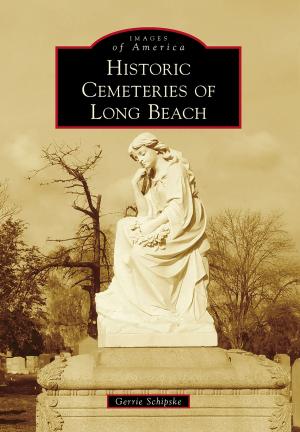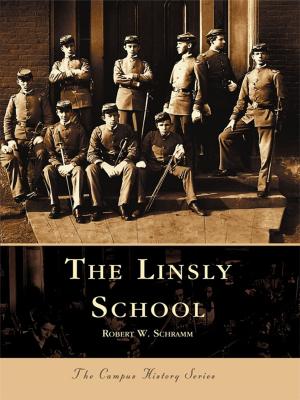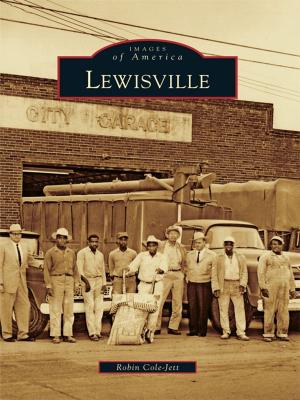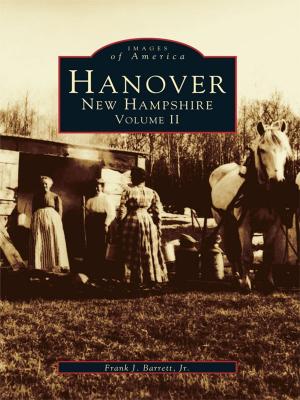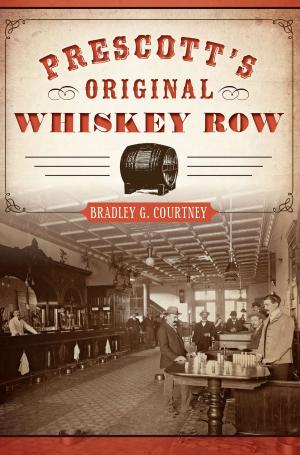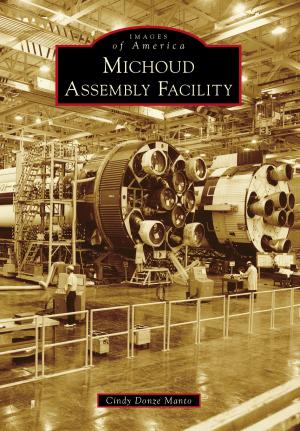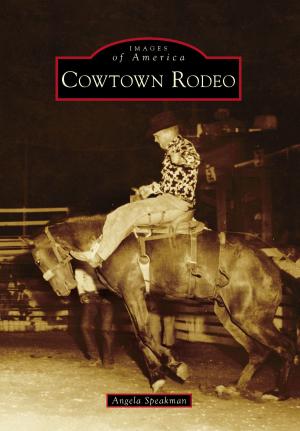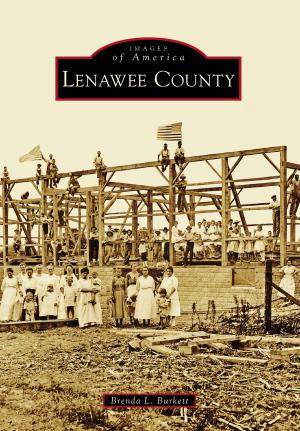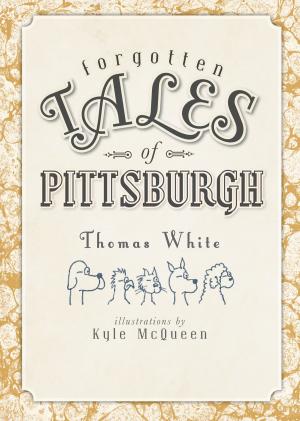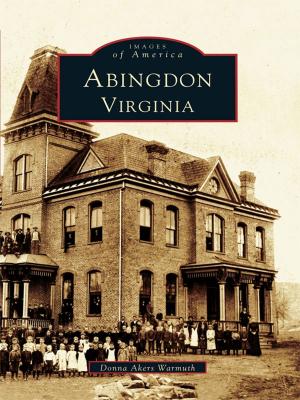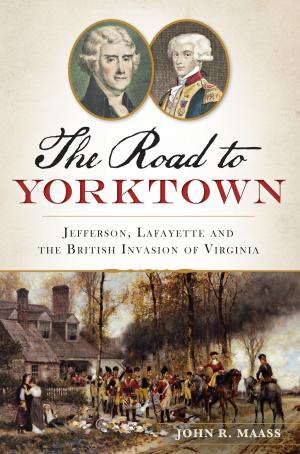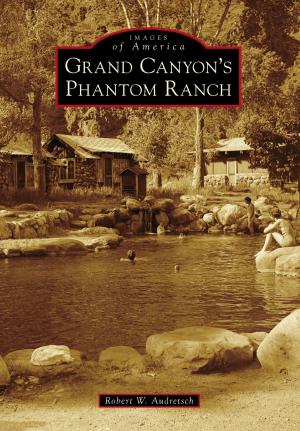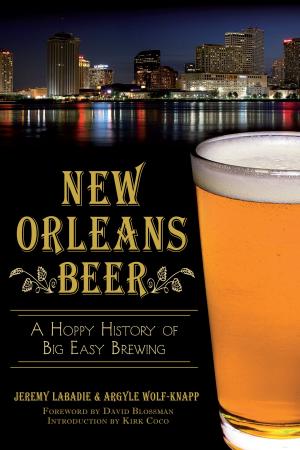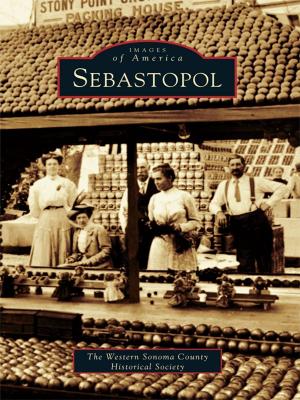Youngstown Postcards From the Steel City
Nonfiction, Art & Architecture, Photography, Pictorials, Travel, History, Americas, United States| Author: | Donna M. DeBlasio | ISBN: | 9781439630402 |
| Publisher: | Arcadia Publishing Inc. | Publication: | April 30, 2003 |
| Imprint: | Arcadia Publishing | Language: | English |
| Author: | Donna M. DeBlasio |
| ISBN: | 9781439630402 |
| Publisher: | Arcadia Publishing Inc. |
| Publication: | April 30, 2003 |
| Imprint: | Arcadia Publishing |
| Language: | English |
Youngstown, Ohio was a rapidly growing industrial city in the early 20th century. In 1900, the city had a population of about 45,000; ten years later, it nearly doubled to 80,000, and by 1920 had reached 120,000. This phenomenal growth was reflected in a number of structures that dotted the city's skyline, including the Mahoning Bank Building, the Masonic Temple, and the plants of three major steel companies along the banks of the Mahoning River. Youngstown also had new places for its citizens to play during this period-Idora Park, Mill Creek Park, and Wick Park. And this was all preserved for the future through another early-20th century phenomenon-the postcard. Over 190 vintage postcards illustrate this book, which will bring the reader back to the era when Youngstown was rapidly becoming the third largest steel producer in the nation.
Youngstown, Ohio was a rapidly growing industrial city in the early 20th century. In 1900, the city had a population of about 45,000; ten years later, it nearly doubled to 80,000, and by 1920 had reached 120,000. This phenomenal growth was reflected in a number of structures that dotted the city's skyline, including the Mahoning Bank Building, the Masonic Temple, and the plants of three major steel companies along the banks of the Mahoning River. Youngstown also had new places for its citizens to play during this period-Idora Park, Mill Creek Park, and Wick Park. And this was all preserved for the future through another early-20th century phenomenon-the postcard. Over 190 vintage postcards illustrate this book, which will bring the reader back to the era when Youngstown was rapidly becoming the third largest steel producer in the nation.

